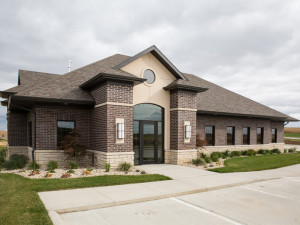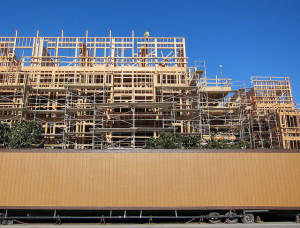There’s a lot that goes into building a new dental office. The reality is that what you’re building isn’t just a physical structure—you’re looking to build a new practice.
Even if you retain existing patients from your previous location, it’s a big change when you move to a new office. If you’re just starting out, then it can be even more intimidating!
That’s why I’m here to offer a few quick tips on the most important aspects of opening a new dental office.
1) Choose the Right Location
A lot goes into choosing the right location for a new dental practice. Part of it depends on how much space you need for your patients, which determines how many operatories you can accommodate. Too little space and you’ll be crammed and ready to move out before you’re fully moved in, but too much space and you’re paying for a lot more room than you might be able to afford.
Another factor in picking your location is the competition. Are there other dentists nearby? Do they all specialize in the same area of dentistry as you? Do you want to build your practice where it is easily visible for walk-in traffic? You have to decide what your priorities are and focus on them when you embark on a huge project like opening a dental office.
2) Get a Building Team
Imagine if you wanted to do some estate planning and hired an insurance agent, a lawyer, a financial planner, and an accountant—and they all did their own thing without ever communicating with each other. Your “estate plan” would be a disaster!
The same thing applies with a dental office construction team. You need the input of a lender, a contractor, an architect, a construction manager, and an equipment salesperson, among others. Ideally, they all are working together to accomplish your dental office goal, and they are all accustomed to working with dentist clients.
3) Examine the Contract Carefully
Before you do anything on your new construction, you want a solid contract that you fully understand. There shouldn’t be any surprises hidden in the contract, which means you need to engage the services of a lawyer. It also means you should outline what happens if the construction company ends up having to go over-budget on time or money. Who pays?
As we discussed last month, the most important part of the construction contract really is the supplementary documentation like plans and drawings for the building. They’re the exhibits in this contractual agreement, so make sure you approve of their plans before going any farther. Once you’ve committed to a project, it’s a hassle and an expense to change your mind, so look at the contract carefully—and have your lawyer do the same!
These are just a few key tips to keep in mind as you embark on the ambitious project of constructing a new dental office. As always, if you have any questions or want to know more, you can ask us here at Primus!
~Jason











